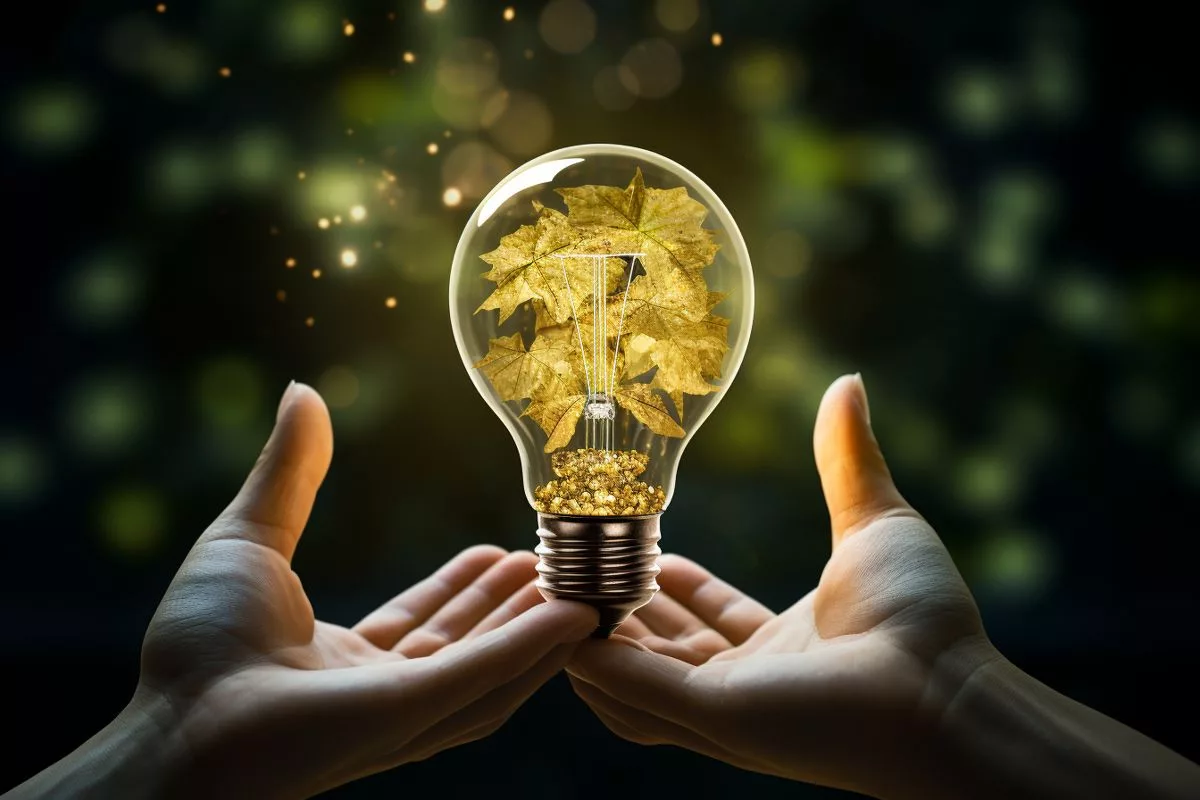South Africa’s National Energy Development Institute (SANEDI) recently hosted its first Energy Conference, aimed at addressing the country’s energy issues and socio-economic concerns through sustainable energy solutions. The Integrated Resource Plan proposes a diverse energy blend to cater to the nation’s expected growth in electricity demand, including renewable and non-renewable resources. The shift towards a low-carbon future and the evaluation of the role of resources like coal, oil, and gas in the transition process is an essential discussion. Furthermore, the Upstream Petroleum Industry could create significant economic upliftment for the country, positioning it as a key player in oil and gas production and supply.
A New Era in South African Energy
SANEDI’s inaugural energy conference aimed to address South Africa’s energy issues and highlight broader socio-economic concerns, with a focus on sustainable energy solutions. The Integrated Resource Plan proposes a diverse energy blend to cater to the nation’s expected growth in electricity demand, creating an equilibrium between renewable and non-renewable resources, and guaranteeing a dependable energy supply to the population. The shift towards a low-carbon future and the evaluation of the role of resources like coal, oil, and gas in the transition process is an essential discussion.
SANEDI’s Inaugural Energy Conference
The South African National Energy Development Institute (SANEDI) lately marked a significant accomplishment by hosting its first Energy Conference. It was an important event in the pursuit of the strategic objectives detailed in the National Development Plan (NDP), with the Honourable Deputy Minister of Mineral Resources and Energy, Dr Nobuhle Nkabane (MP), amongst the notable attendees.
The conference, with its theme “Inform and Increase Awareness on Sustainable Energy Solutions”, aimed not only to address South Africa’s energy issues but also to highlight the broader socio-economic concerns such as unemployment, inequality, and poverty. In the democratic era that began in 1994, the mission to provide energy access to all South Africans has been a leading strategic ambition. Significant strides have been made, with the number of households having electricity access skyrocketing from less than 34% to over 92%.
Yet, the current state of affairs is far from satisfactory. The ongoing imbalance between the supply and demand for electricity, leading to load shedding, is a pressing issue. The NDP’s vision is to combat this by 2030 with an energy sector that delivers efficient, reliable service at competitive prices, widens access to affordable energy, and minimises emissions and pollution.
Integrated Resource Plan and Sustainable Energy Solutions
In alignment with this vision, South Africa has laid out an infrastructure development strategy in the form of the Integrated Resource Plan (IRP) 2019. The plan proposes a diverse energy blend to cater to the nation’s expected growth in electricity demand. This blend encompasses Solar PV, Wind, Coal, Nuclear, Gas, Hydro, and Battery Storage, creating an equilibrium between renewable and non-renewable resources. Such diversity guarantees a dependable energy supply to the population and is instrumental in eliminating energy poverty.
The recommended energy blend also provides South Africa with a chance to expand its electricity production through distributed generation and off-grid electricity while guaranteeing baseload energy, a vital aspect for industrialisation. The reviewed IRP 19 is set for discussion at the next Cabinet meeting and public comments are expected to follow shortly.
Environmental conservation and climate change are often seen as obstacles to development. However, policymakers insist that South Africa, battling with poverty, unemployment, and inequality, cannot afford to pick and choose between energy technologies. Every energy source must contribute to fast and inclusive economic development.
Energy Transition and Upstream Petroleum Industry Development
The shift towards a low-carbon future will undoubtedly affect the use of fossil fuels, which currently make up 82% of the world’s energy sources. Thus, determining the best way for South Africa to manage its transition, considering its vast reserves of fossil fuels, is an essential discussion. This includes an evaluation of the role of resources like coal, oil, and gas in the transition process.
The Department of Mineral Resources and Energy (DMRE) is of the opinion that a breakthrough in the Upstream Petroleum Industry could create significant economic upliftment. The recent endorsement by Parliament of the Upstream Petroleum Resources Development (UPRD) Bill, which differentiates petroleum provisions from mineral provisions, is a significant stride towards achieving this aim. This aligns with the African Energy Chamber’s forecast that global gas and Liquified Natural Gas (LNG) demand is expected to surpass the supply from currently operating fields.
The UPRD Bill’s approval sets the stage for the immediate growth of South Africa’s Upstream Petroleum Industry. This could position the country as a key player in oil and gas production and supply. Also, the DMRE has announced the South African National Petroleum Company (SANPC) Bill for public feedback. The Bill aims to form the National Petroleum Company by transitioning resources and assets from iGas, Strategic Fuel Fund (SFF), and PetroSA.
As South Africa embarks on its fair energy transition, it looks to institutions like SANEDI to guide the process and develop a critical path without yielding to the pressures of developed countries. The conference is expected to bring forth solid proposals that will shape South Africa’s response to its immediate energy crises. The government remains dedicated to supporting sustainable energy development, the quest for energy security for South Africa, and a fair transition from a high to a low carbon economy.
1. What was the focus of SANEDI’s inaugural Energy Conference?
SANEDI’s inaugural energy conference aimed to address South Africa’s energy issues and highlight broader socio-economic concerns, with a focus on sustainable energy solutions.
2. What is the Integrated Resource Plan?
The Integrated Resource Plan proposes a diverse energy blend to cater to the nation’s expected growth in electricity demand. This blend encompasses Solar PV, Wind, Coal, Nuclear, Gas, Hydro, and Battery Storage, creating an equilibrium between renewable and non-renewable resources.
3. How does the Integrated Resource Plan ensure a dependable energy supply to the population?
The recommended energy blend provides South Africa with a chance to expand its electricity production through distributed generation and off-grid electricity while guaranteeing baseload energy, a vital aspect for industrialisation.
4. What is the role of fossil fuels in South Africa’s energy transition?
Determining the best way for South Africa to manage its transition, considering its vast reserves of fossil fuels, is an essential discussion. This includes an evaluation of the role of resources like coal, oil, and gas in the transition process.
5. What is the Upstream Petroleum Industry, and how could it benefit South Africa’s economy?
The Department of Mineral Resources and Energy (DMRE) is of the opinion that a breakthrough in the Upstream Petroleum Industry could create significant economic upliftment. The recent endorsement by Parliament of the Upstream Petroleum Resources Development (UPRD) Bill, which differentiates petroleum provisions from mineral provisions, is a significant stride towards achieving this aim.
6. What is the government’s commitment to sustainable energy development?
The government remains dedicated to supporting sustainable energy development, the quest for energy security for South Africa, and a fair transition from a high to a low carbon economy.








